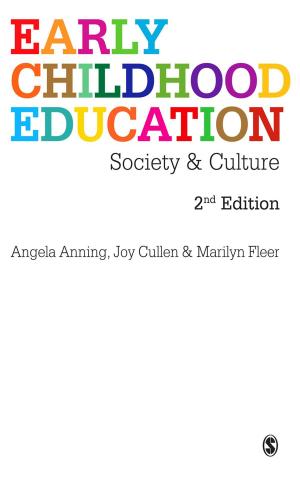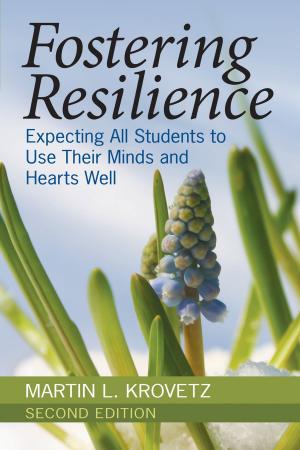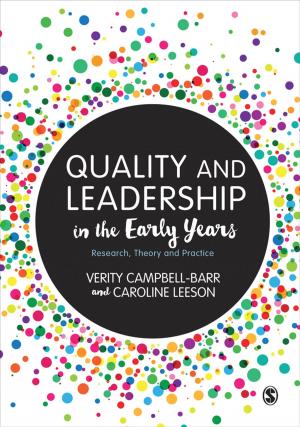Women Writing Violence
The Novel and Radical Feminist Imaginaries
Nonfiction, Social & Cultural Studies, Social Science, Anthropology| Author: | Shreerekha Subramanian | ISBN: | 9788132117353 |
| Publisher: | SAGE Publications | Publication: | January 15, 2013 |
| Imprint: | Sage Publications Pvt. Ltd | Language: | English |
| Author: | Shreerekha Subramanian |
| ISBN: | 9788132117353 |
| Publisher: | SAGE Publications |
| Publication: | January 15, 2013 |
| Imprint: | Sage Publications Pvt. Ltd |
| Language: | English |
Women Writing Violence engages with select contemporary novels in which women characters resist violence and redefine notions of community by imagining bonds with the exiled and the disempowered.
The author interweaves the literary landscapes of African-American writer Toni Morrison with the oeuvre of South Asian writers Mridula Garg, Tahmina Durrani, Amrita Pritam, Bapsi Sidhwa, and Mahasweta Devi. This results in the opening of a new gateway into the thinking about violence and survival through a feminist, transnational lens.
Subramanian places women's literary imaginary at the margins of both the nation-state and the patriarchal community. She creates a specifically female language and emphasizes the ingenious ways in which women characters in novels restore dignity and agency to their kin and beloved. The book focuses on voice and narrative techniques within the novel and transgresses the confines of the Enlightenment discourse to reckon with conceptual categories such as community and belonging.
Women Writing Violence engages with select contemporary novels in which women characters resist violence and redefine notions of community by imagining bonds with the exiled and the disempowered.
The author interweaves the literary landscapes of African-American writer Toni Morrison with the oeuvre of South Asian writers Mridula Garg, Tahmina Durrani, Amrita Pritam, Bapsi Sidhwa, and Mahasweta Devi. This results in the opening of a new gateway into the thinking about violence and survival through a feminist, transnational lens.
Subramanian places women's literary imaginary at the margins of both the nation-state and the patriarchal community. She creates a specifically female language and emphasizes the ingenious ways in which women characters in novels restore dignity and agency to their kin and beloved. The book focuses on voice and narrative techniques within the novel and transgresses the confines of the Enlightenment discourse to reckon with conceptual categories such as community and belonging.















